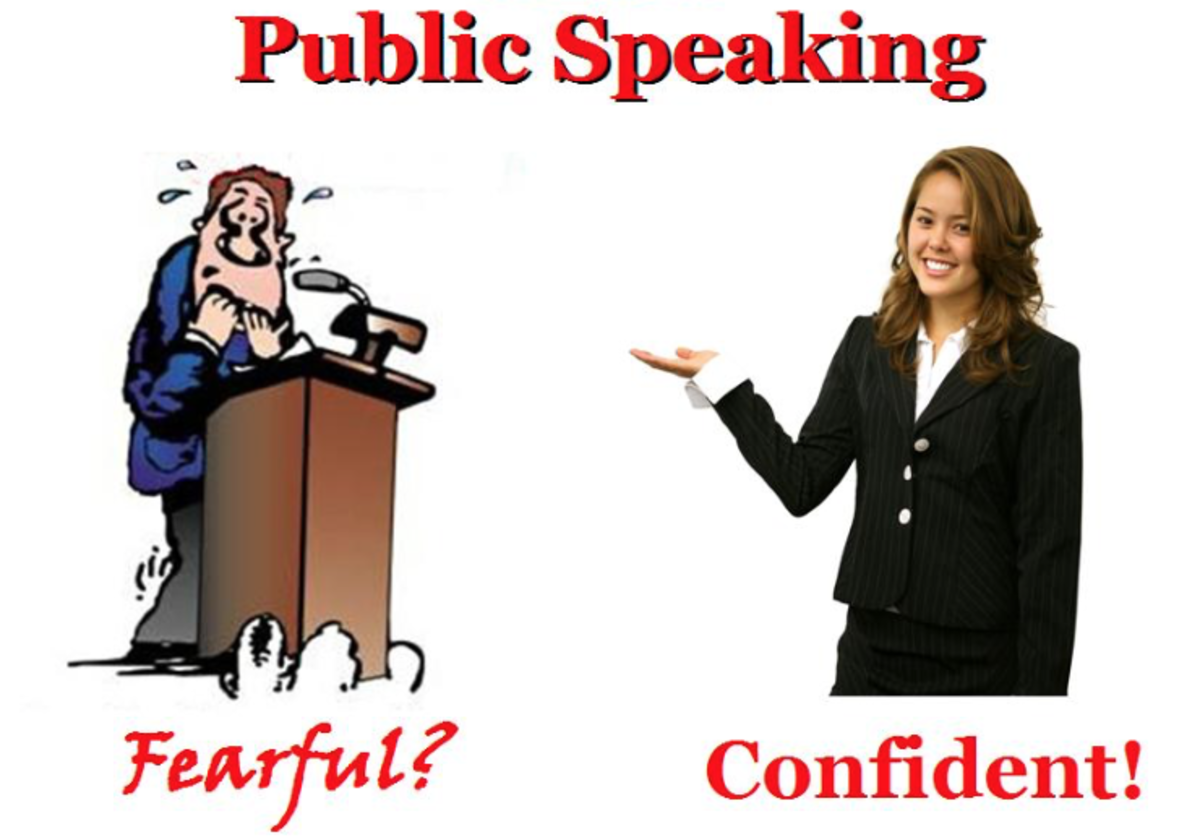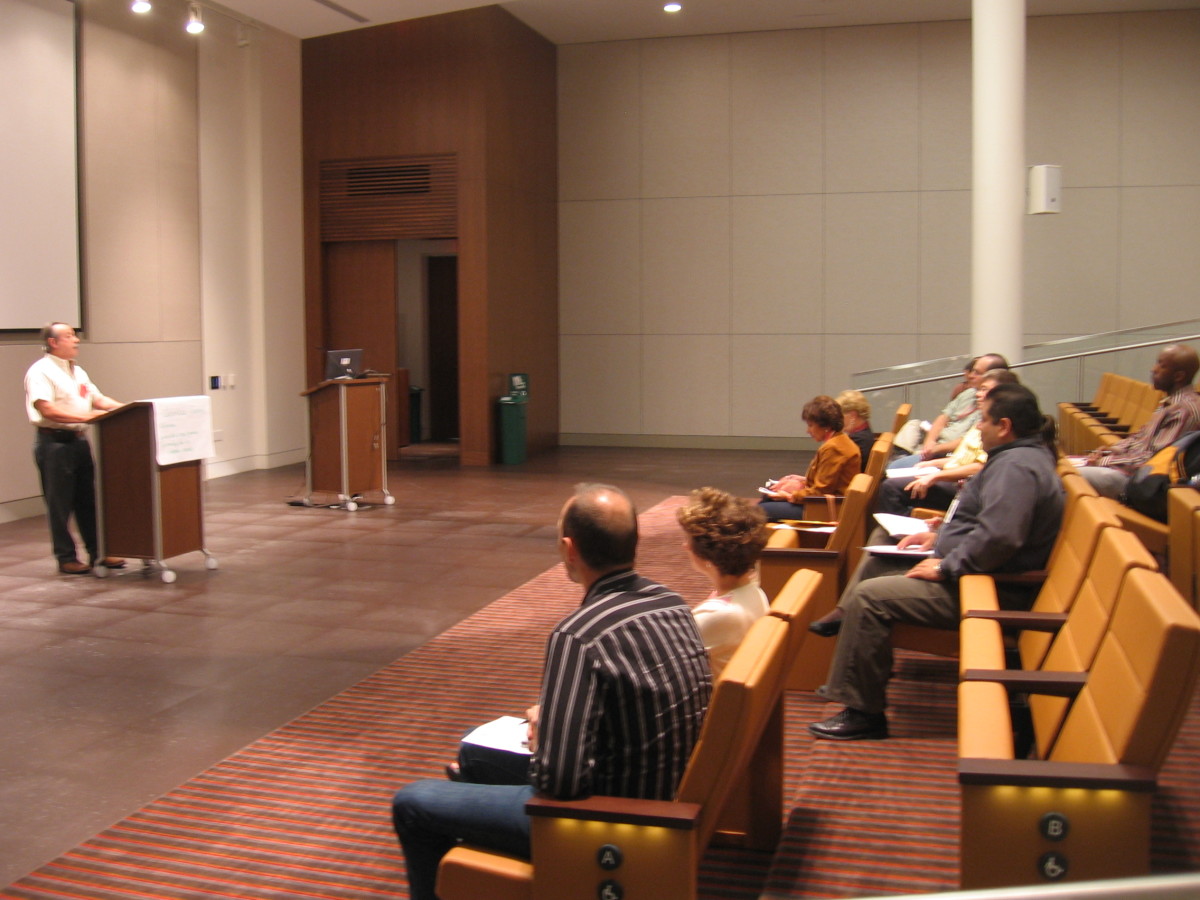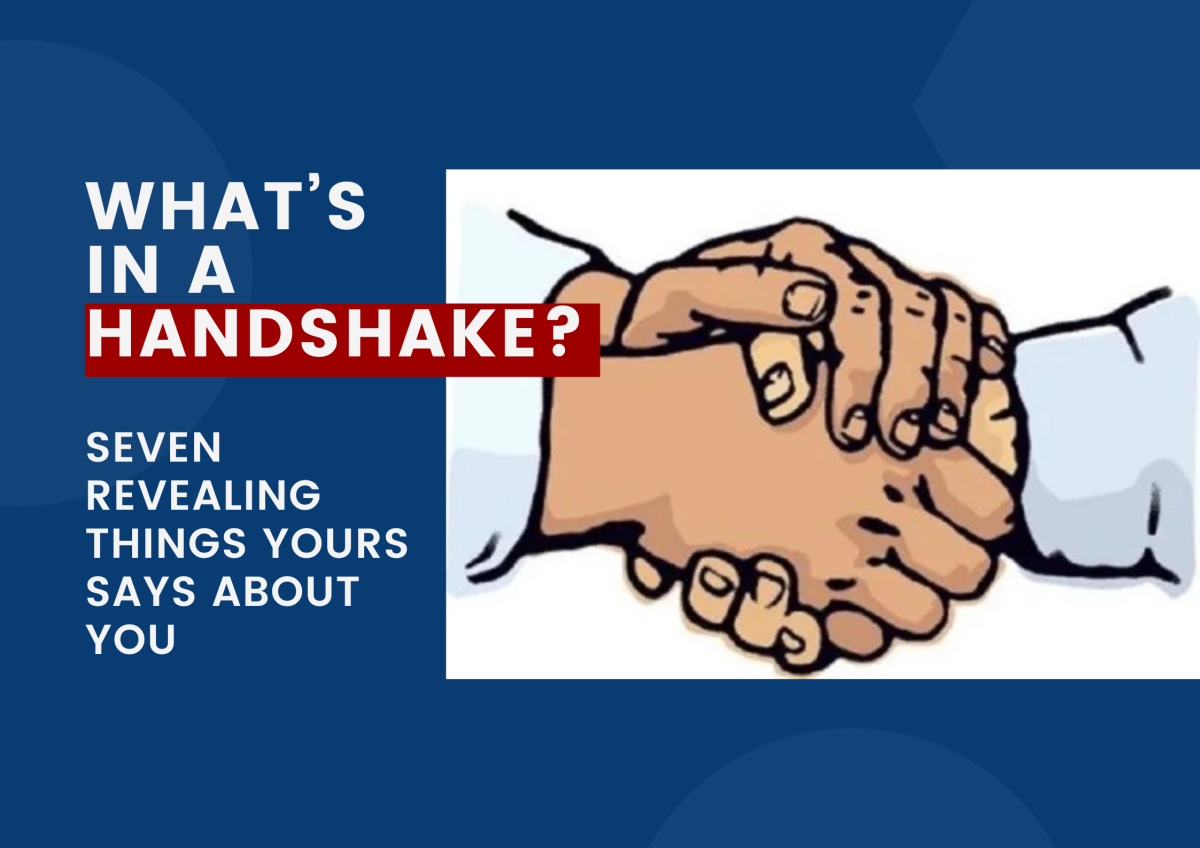How to Overcome Your Fear of Public Speaking

Why Public Speaking Feels so awful
Imagine this: you’re about to step in front of a crowd. Your palms get sweaty, your heart starts tap-dancing like it’s auditioning for “Dancing with the Stars,” and your brain suddenly decides it’s vacation time. Sound familiar? Welcome to the terrifying, exhilarating, and utterly ridiculous world of public speaking anxiety.
But why does talking to people—something we do every day—turn into a horror show when those people all have eyes glued to you? Here’s the funny truth: public speaking is scary because our brains are basically playing a dramatic soap opera starring you as the nervous wreck who might accidentally set the podium on fire.
First, there’s the ancient part of your brain, the one that thinks a crowd of people is actually a pack of wild animals about to pounce. Remember the caveman days when the only public speaking was a very loud grunt to warn the tribe of a saber-toothed tiger? Your primal brain didn’t evolve much since then. To it, standing in front of people triggers a “fight or flight” response. Suddenly, you’re either ready to roar like a lion or bolt like a gazelle. Spoiler: running off the stage is usually frowned upon.
Then there’s the social pressure. Humans are wired to crave acceptance. When you’re up there, you feel like the world is watching your every word, gesture, and awkward smile—like a reality show where the prize is not getting humiliated. Your mind runs through worst-case scenarios faster than a speed dating round. “What if I forget my lines?” “What if my voice cracks like a teenager?” “What if someone asks me a question I have no idea how to answer?” Meanwhile, your brain tosses in extra anxiety garnish by imagining everyone whispering about how weird you look chewing gum or blinking too much.
Let’s not forget the spotlight effect—the sneaky illusion that everyone notices everything you do. Spoiler alert: most people are too busy wondering if they have spinach in their teeth or if they’re the ones looking awkward. But your brain, bless it, amplifies every little hiccup into a headline-worthy disaster. You trip over a word? You’ve just ruined your life. You take a breath? Clearly you’re having an existential crisis.
Plus, public speaking is a skill that most of us haven’t been formally taught. We don’t get handed a manual at birth titled “How to Not Sound Like a Nervous Weasel.” Instead, we learn on the fly, which is about as comforting as assembling IKEA furniture without instructions—lots of trial, error, and occasional swearing.
But here’s the good news: you’re not alone, and this fear is totally normal. Everyone—even the smoothest TED Talkers—has faced their own inner fire-breathing dragon. The trick is learning to tame it. Like a knight training a dragon, you start small, practice, and build confidence until that terrifying beast is more like a sleepy lizard you can casually ignore.
So next time you’re feeling like your voice might break or your brain might short-circuit, just remember: your fear is an ancient, overdramatic part of your brain that’s really bad at math and catastrophizing. Laugh at it, take a deep breath, and then tell that dragon who’s boss.
YOU must practice!
Public speaking is like any other skill—it gets better with practice. You wouldn’t run a marathon without training first, and the same goes for standing in front of an audience and delivering a message with confidence. Practice isn’t just helpful—it’s essential.
When you rehearse, you become familiar with your material. That familiarity reduces anxiety and helps prevent those dreaded “mind-blank” moments. Practicing aloud forces you to work through awkward phrasing, find your natural rhythm, and make sure your ideas flow smoothly. It’s one thing to know what you want to say in your head; it’s another to say it out loud clearly and effectively.
Practice also helps with pacing. Without rehearsal, many speakers rush through their speech like they’re being chased by bees. When you rehearse, you learn where to pause, emphasize, or breathe—making your speech more engaging and easier for the audience to follow.
Another bonus? Repetition builds confidence. The more you hear yourself speak your content, the more it becomes second nature. You’ll sound more natural, authentic, and relaxed—not like you’re reading a script for the first time.
Even seasoned speakers practice. Why? Because audiences notice preparation. It shows you care, that you’ve put effort into your message, and that you respect their time.
So, if you want to speak with clarity, confidence, and charisma—practice. Not once. Not twice. But enough that your message flows from you with ease, even if the microphone squeals or someone sneezes in the front row.
7 Tips to Conquer the Public Speaking Fear
1. Practice Like a Knight Preps for Battle
You wouldn’t charge a dragon without training, right? Rehearse your speech multiple times—alone, in front of a mirror, or with a trusted friend. The more familiar you are with your material, the less your brain freaks out mid-flight.
2. Tame Your Breath, Tame the Beast
Deep, slow breaths are your secret weapon. When you feel panic creeping in, pause and inhale deeply through your nose, hold for a few seconds, then exhale slowly. Repeat until your heart settles down. Think of it as dragon-whispering.
3. Visualize Your Victory
Picture yourself stepping up confidently, delivering your message smoothly, and hearing applause (or at least polite chuckles). Visualization tricks your brain into believing success is possible—and less scary.
4. Focus on the Message, Not the Audience
Instead of obsessing over whether someone notices your sweaty palms or weird blinking, concentrate on the value you’re sharing. You’re the hero with a message, not the villain being judged.
5. Embrace the Awkward Moments
Mistakes happen. Everyone stumbles over words or loses their train of thought. When it happens, smile, make a joke, or take a breath and move on. Dragons love drama—don’t give it to them!
6. Start Small, Build Up
If the thought of speaking to a crowd terrifies you, start with small groups or even one-on-one conversations. Gradually increase your audience size like leveling up in a game.
7. Remember: The Audience Wants You to Win
Most people want you to succeed—they’re rooting for you. So instead of picturing a hungry dragon ready to roast you, imagine a friendly crowd cheering you on.
Slaying the public speaking dragon isn’t about perfection; it’s about courage, preparation, and a bit of humor. Now go out there and show that beast who’s boss!
Your Official Pre-Speech Pep Talk
Alright, superstar, it’s almost showtime. You’re about to step up and dazzle the crowd—or at least not trip over your own words (which honestly counts as a win). Remember: public speaking is basically adult karaoke without the music. You might hit a few wrong notes, but hey, no one’s throwing tomatoes… probably.
Your brain might be shouting, “Run! Hide! Pretend you forgot your wallet!” But listen up—it’s just your inner drama queen doing a little dance. You’re not here to be perfect; you’re here to be authentic. And authenticity? That’s way more magnetic than a flawless script.
So take a deep breath. Feel that? That’s your inner rock star gearing up. Your voice is your superpower—use it. Own that stage like it’s your living room (the one where you sing loudly when no one’s home). If you mess up, laugh it off. If you forget something, improvise like the comedic genius you are.
And here’s the secret sauce: the audience is rooting for you. They want to see you succeed. They’re not grading you; they’re just people who want to be entertained, informed, or inspired. Think of them as your personal cheer squad—minus the pom-poms.
Now, go out there and crush it. Speak like you’re telling your best friend a juicy secret. Smile, make eye contact, and remember—every great speaker started exactly where you are right now: nervous, excited, and ready to conquer.
You’ve got this. The world is waiting for your words. So grab that mic, take a bow, and shine bright like the star you are!
This content is accurate and true to the best of the author’s knowledge and is not meant to substitute for formal and individualized advice from a qualified professional.
© 2025 Rebecca








